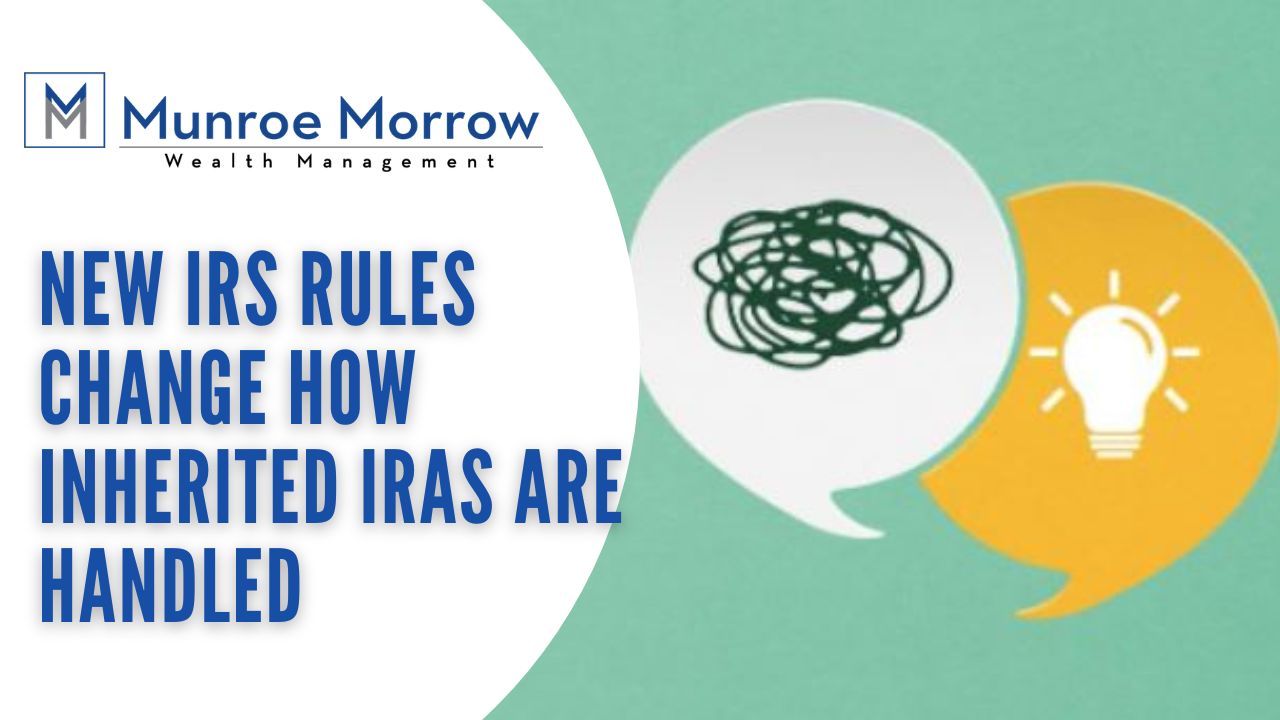 |
The IRS announced new distribution rules for non-spousal beneficiary-inherited IRAs earlier in the year. This sparked some confusion among advisors, tax professionals, and inheritors alike. The IRS announced new distribution rules for non-spousal beneficiary-inherited IRAs earlier in the year. This sparked some confusion among advisors, tax professionals, and inheritors alike. What Happened?Prior to 2019, inheritors were able to stretch withdrawing funds from an Inherited/Beneficiary IRA over the course of a lifetime. |
The SECURE Act, which became effective January 1, 2020, required non-spouse beneficiaries to deplete the funds in an inherited IRA within 10 years.
The New Law
Now the IRS is mandating beneficiaries to take distributions yearly over the course of 10 years. So, what does that mean?
- It may force some inheritors into higher tax brackets.
- The IRS will apply a hefty 50% penalty to funds not withdrawn by the end of each year.
Herein Lies The Confusion…
We recently received the following questions:
- Does this start immediately?
- Will required minimum distributions (RMDs) need to be taken by the end of 2022?
- If I am an existing beneficiary in the middle of my 10-year allowance, will this new law apply to me?
Rest assured that anyone who did not take distributions this year will not be penalized, and anyone who was penalized and has already paid can submit for a refund. This law and penalization system will go into full effect in 2023 and will apply to anyone who inherited an IRA in January 2020 or after.
If you are a spouse, the laws remain the same and you can continue benefiting from a stretch strategy that allows you to take RMDs from the inherited IRA according to your age and life expectancy.
You Still Have Options!
There are some exceptions to the new law for non-spousal beneficiaries that fall under a category of minor child, chronically ill, or disabled. With every financial situation, there are different rules and exceptions that may apply.
We’re Here To Help!
If you are an inheritor of an IRA and would like to talk through your particular situation, please do not hesitate to reply to this email or call the office. We’re here to help and answer any questions you may have.

